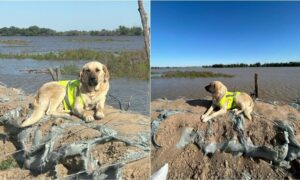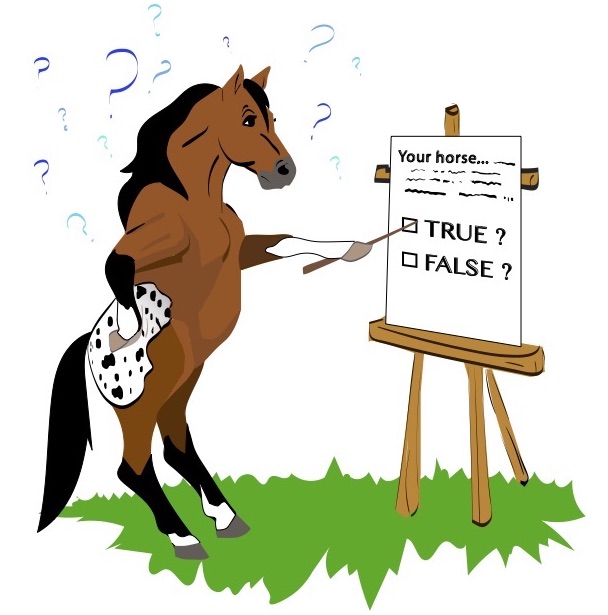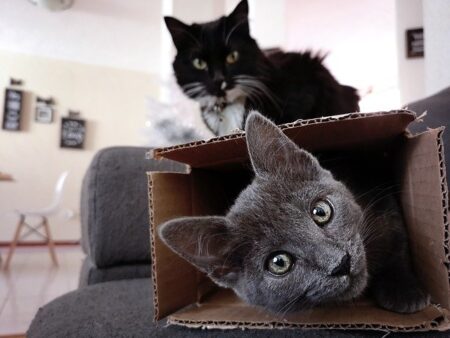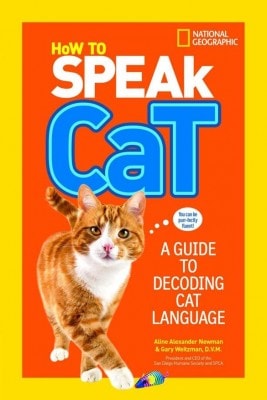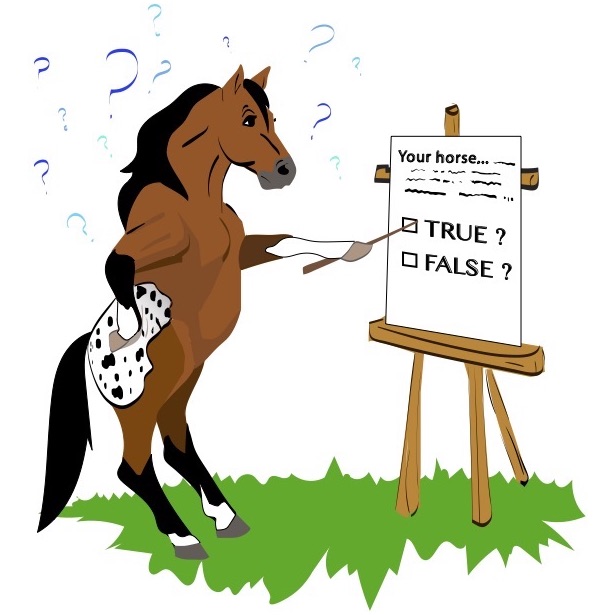
1. True or false: Due to the dimensions and composition of their brains, horses don’t expertise what we consider as despair.
T / F
2. True or false: The traits that point out despair in horses are just like some features of depressive states in people.
T / F
3. Which of the under are potential causes of despair in horses?
A) Ache, social isolation, confinement.
B) Harsh coaching, improper feeding, unpredictability.
C) Each A and B.
D) Neither A nor B.
4. True or false: If steps aren’t taken to alleviate a horse’s despair, it could contribute to the event of gastric ulcers or colic.
T / F
HOW’D YOU DO? (Solutions under.)
Ebook:
Bob Langrish’s World of Horses: A Grasp Photographer’s Lifelong Quest to Seize the Most Magnificent Horses within the World
1. F is right. Horses can expertise despair. A examine in France evaluated 59 horses for six months, observing spontaneous conduct within the dwelling atmosphere, responsiveness to environment, and the quantities of the stress hormone cortisol within the horse’s blood. The outcomes indicated that horses can develop one thing akin to human despair in response to social or bodily discomfort.
[HERE’S HELP: How to spot depression in your horse.]
2. T is right. A depressed horse’s open-eyed, uninteresting, unfocused gaze and motionless head and ears counsel a “behavioral despair” just like states seen in people. In comparison with “non-withdrawn” horses from the identical steady, the withdrawn horses within the examine appeared extra detached and unresponsive to stimuli of their dwelling atmosphere, but reacted extra emotionally to difficult conditions.
[RELATED: How to tell if your horse is in pain.]
3. C is right. Sadly for home horses, any of those elements can result in persistent stress, and long-term publicity to inescapable or repeated stressors can result in despair.
[RELATED: How to keep your senior horse (or any horse) happy.]
4. T is right. Like human despair, equine despair can have critical well being penalties. In the event you spot any alarming modifications in your horse’s perspective or conduct, schedule an intensive veterinary checkup.
[RELATED: How to help a horse with separation anxiety.]
Don’t miss out! In the event you’re not already receiving H&R’s enjoyable and informative weekly e-newsletter, enroll now for The Journey. It’s *free*!
ALSO *FREE*: The terrific e-magazines Horse&Rider Month-to-month and Path Rider Month-to-month. Join now!


